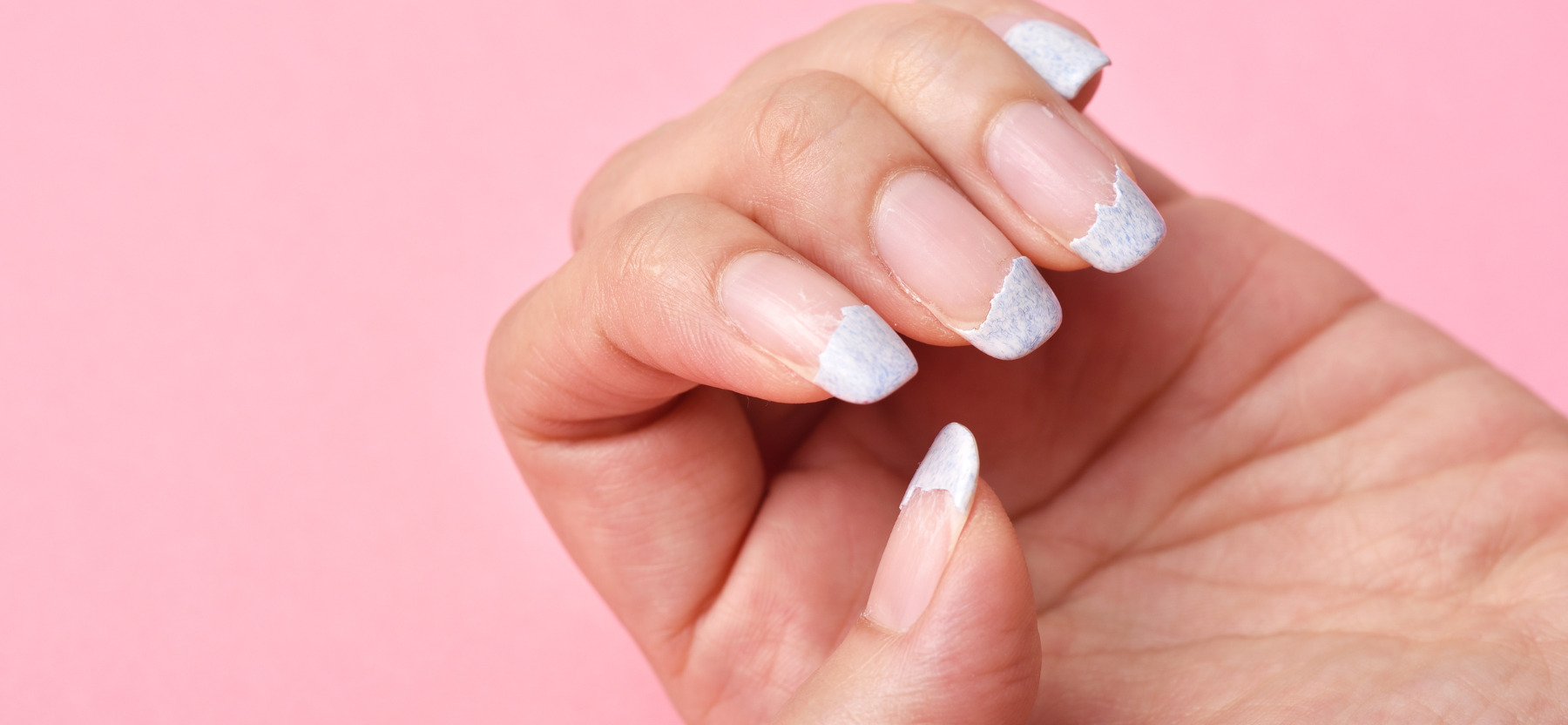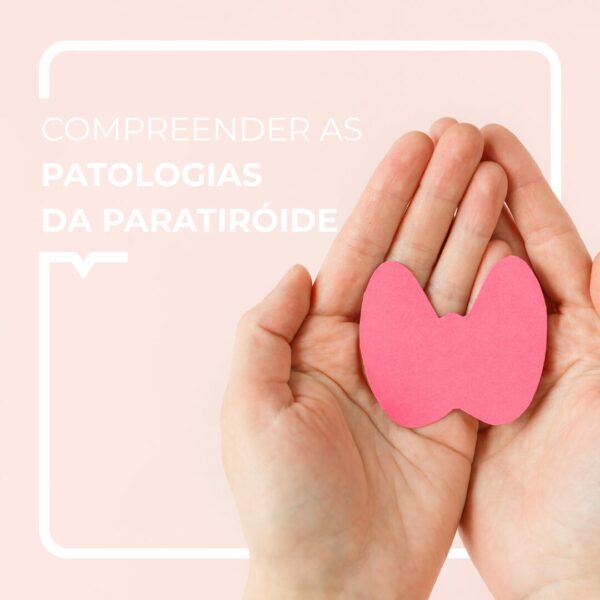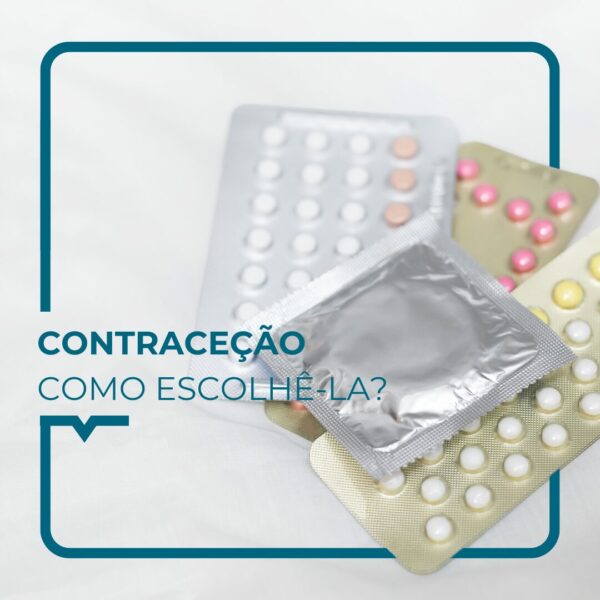Marie está preocupada, pois está a perder muito cabelo neste momento. Sente que o cabelo é frágil e está sempre a partir-se. O que a surpreende é que, ao mesmo tempo, as suas unhas estão macias e um pouco amarelas.
Ela pergunta-se qual poderá ser a ligação entre o seu cabelo e as suas unhas…
Olá, sou a Dra. Joy!
Pode parecer-lhe estranho, mas as unhas e o cabelo pertencem à mesma família dos pêlos do corpo. Chamamos-lhes fâneros. E também podem ser afetados por doenças.
Deixem-me explicar, vamos?
Composição da unhas e dos cabelos
Os fâneros são órgãos de proteção caracterizados por uma queratinização intensa. A queratina é uma proteína fibrosa e o principal constituinte da camada superficial da pele, a epiderme.
É dura, resistente e protetora.
A unha é uma placa córnea com cerca de 0,5 milímetros de espessura. É constituída por queratina e a sua principal função é proteger as pontas dos dedos das mãos e dos pés. É também constituída por um corpo e uma raiz, que lhe permite crescer. Cresce entre 0,14 e 0,40 milímetros por dia.
O crescimento completo de uma unha demora cerca de 6 meses. As unhas dos pés crescem duas vezes mais lentamente.
O cabelo é constituído por 95% de queratina, a nossa proteína fibrosa. Como a queratina é insolúvel em água, desempenha um papel importante na impermeabilização e proteção do cabelo.
O cabelo é composto por cerca de 18 aminoácidos. Estes incluem a prolina, a treonina, a leucina e a arginina. A queratina é particularmente rica em cisteína (um tipo de aminoácido sulfurado). É a cisteína que confere ao cabelo a sua rigidez e resistência.
Para que conste, um cabelo pode suportar um peso de 100g sem se partir.
Concordamos que não é esse o objetivo fundamental. O seu principal papel é proteger a cabeça e o couro cabeludo.
Doenças das unhas e dos cabelos
Tal como todas as outras partes do corpo humano, as unhas e os cabelos podem ser afetados por doenças. À medida que envelhecemos, todos os apêndices engrossam.
Podemos observar:
- Alopecia: perda de pêlos no corpo. A queda do cabelo é frequentemente o principal motivo de preocupação por razões estéticas e psicológicas. Mas também pode ser um sintoma de uma doença sistémica. Por conseguinte, não deve ser tomada de ânimo leve.
- Micose: uma infeção do cabelo ou dos pêlos do corpo provocada por um fungo que se desenvolve no couro cabeludo. Manifesta-se por pequenas borbulhas e caspa, por vezes com lesões eritematosas. O cabelo pode ser quebradiço e o couro cabeludo pode apresentar uma queda de cabelo local. A micose transmite-se por contato direto ou por troca de objetos contaminados (escovas de cabelo).
- Dermatite seborreica: trata-se de uma doença inflamatória crónica da pele. Manifesta-se por manchas vermelhas e pequenos pedaços de pele que se desprendem do couro cabeludo, criando caspa. Afeta principalmente os homens e desenvolve-se em surtos.
As outras doenças:
- Alopecia areata: trata-se de uma doença dermatológica autoimune, ou seja, uma doença em que o sistema imunitário se vira contra o nosso próprio corpo. Pode afetar as unhas, o cabelo ou o couro cabeludo. Quando afeta o cabelo, provoca uma alopecia irregular.
- Onicomicose: são fungos (micoses) que afetam as unhas. Estes decompõem a queratina. Caracteriza-se por uma descoloração amarelada ou acastanhada da unha, um espessamento, uma alteração da forma, uma unha quebradiça e dor quando se pressiona a unha. Esta doença tende a afetar as pessoas mais velhas.
- Onicogrifose: é uma doença em que as unhas crescem significativamente, tornando-se mais espessas, mais duras, mais compridas e mais curvas. Afeta principalmente os idosos.
- Unha encravada: é causada quando os bordos da unhas crescem para dentro da pele adjacente. Afeta principalmente as unhas dos pés. Tornam-se rapidamente dolorosas, vermelhas e podem ficar quentes ao toque. Se não forem tratadas a tempo, podem tornar-se infecciosas.
Mais grave, existem também carcinomas e melanomas das unhas (cancro).
A queda excessiva de cabelo ou o enfraquecimento das unhas podem também ser o sintoma de outra patologia, ou a consequência de certos tratamentos medicamentosos (quimioterapia, por exemplo).
Em caso de dúvida, recomendo que consulte um dermatologista ou um médico de clínica geral, que o poderá aconselhar.
Cuidar do seu cabelo e das suas unhas
Para evitar danos nos seus cabelos e nas suas unhas, cuide bem deles. Eis algumas dicas para o ajudar.
- Manter e nutrir regularmente o cabelo e as unhas
Para cuidar das suas unhas:
- Um creme hidratante para hidratar as mãos e as unhas ao longo do dia.
- Luvas para as tarefas domésticas, especialmente quando limpa ou utiliza água e detergentes.
- Não utilizar desinfetantes para as mãos, a menos que seja absolutamente necessário.
- Evitar manicures/pedicures ásperas e remoção de cutículas.
- Relativamente ao seu cabelo
- Lave o seu cabelo de acordo com as suas necessidades.
- Não há qualquer problema em lavar o cabelo diariamente, desde que utilize o champô adequado ao seu cabelo.
- Utilizar máscara ou amaciador se o cabelo for seco (evitar se o couro cabeludo for oleoso).
- Evite temperaturas elevadas ao secar o cabelo e evite tratamentos cosméticos capilares que utilizem temperaturas elevadas (alisadores, por exemplo).
- É preferível secar o cabelo com o secador em vez de o deixar secar ao ar livre. Existe o risco de o couro cabeludo e as raízes do cabelo não secarem completamente até várias horas após a lavagem, o que pode provocar cabelos oleosos e dermatite do couro cabeludo.
- Ter uma boa alimentação
Para manter uma boa saúde, recomenda-se uma alimentação saudável e equilibrada. Privilegie os alimentos ricos em proteínas, vitaminas do complexo B e minerais como o zinco, o ferro, o cálcio e o magnésio. Estes minerais encontram-se na fruta, nos legumes, nos frutos secos e na carne.
Evite os produtos transformados, como bolachas, refeições prontas, etc. Volte para os fogões, o seu cabelo e as suas unhas agradecer-lhe-ão. E lembre-se de se manter bem hidratado ao longo do dia.
- Fortalecer as unhas e o cabelo de forma natural
Dê um impulso às suas unhas. Para além de obter o que precisa através da sua dieta, utilize óleos vegetais para melhorar a qualidade do seu cabelo e das suas unhas.
Os óleos vegetais com provas dadas incluem o óleo de rícino, o óleo de cominho preto, o óleo de amêndoas doces e o óleo de argão.
Pode-se combinar tudo isto com suplementos alimentares ricos em vitamina B, biotina e cisteína, por exemplo, para obter resultados ainda mais notáveis.
Também recomendo que não partilhe os seus artigos de higiene (escovas, pentes, toalhas, etc.) nem os seus chapéus, bonés,etc., com mais ninguém.
Chegámos ao fim deste artigo.
Os cabelos e as unhas já não têm segredos para si, as cartas estão nas suas mãos.
Voltaremos a entrar em contacto em breve para mais informações.
Beijinhos,
Dra. Joy!
Fonte:
Estas informações não pretendem, de forma alguma, substituir o aconselhamento médico.
É imperativo que procure o conselho do seu médico ou de outro profissional de saúde qualificado para quaisquer questões relacionadas com o seu estado de saúde.



